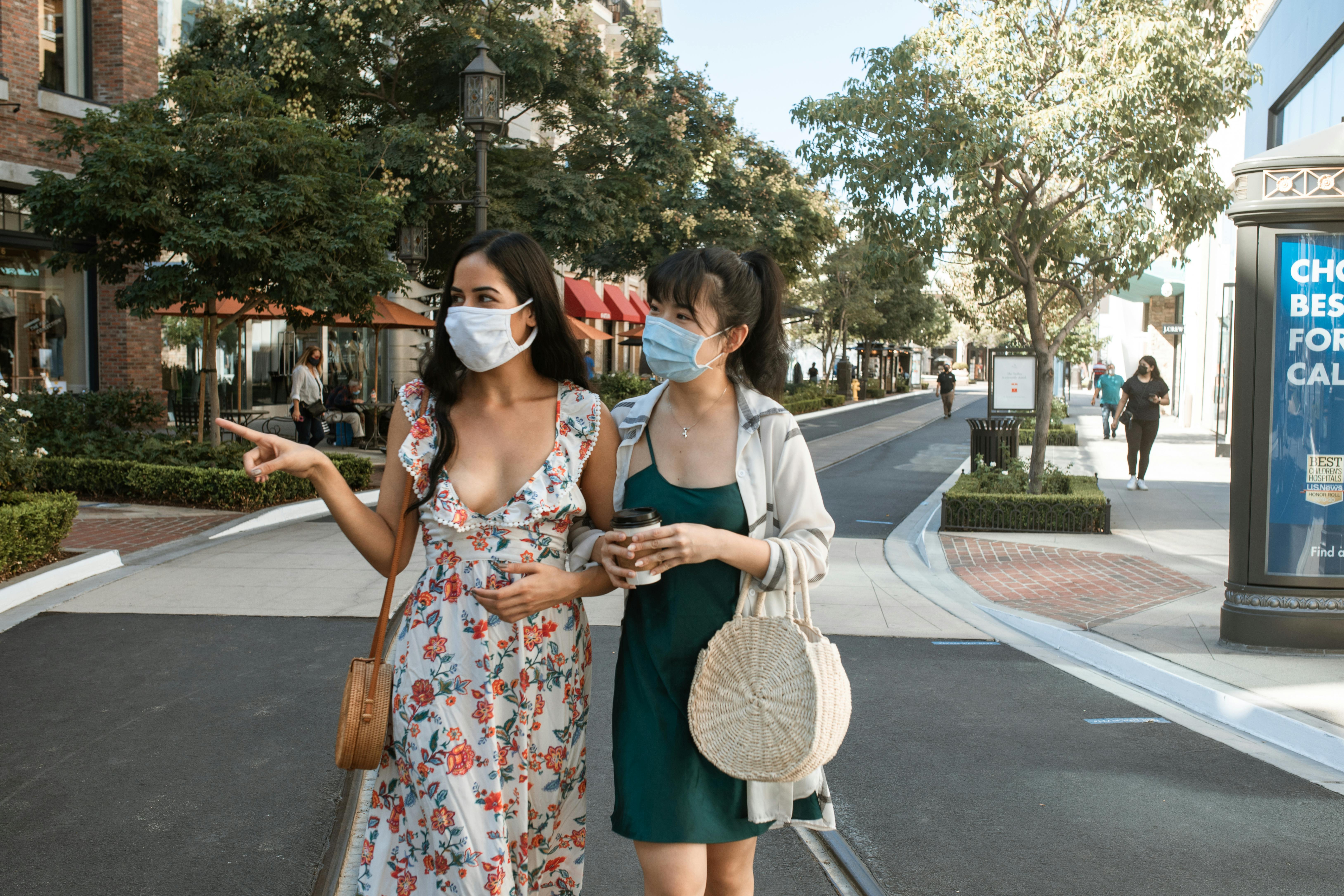
MSG and acne
MSG is a food additive that has been highly publicized for producing harmful effects such as nausea and dizziness when consumed. For this reason, the general public plays it safe and tries to avoid products that include MSG whenever possible. But what you probably don’t know is that MSG is hidden inside just about every processed, packaged, canned, or frozen food you can think of, simply labeled with secret names so we don’t know it’s there! The truth is that we all consume massive amounts of MSG every day. So how harmful is MSG really, and can consuming it contribute to acne?
Why is MSG added to food?
MSG is a chemical derived from seaweed that enhances the flavor of foods. Because it makes food taste so much better (and it’s so cheap), companies like General Mills, Campbells, etc. add large amounts of MSG, or monosodium glutamate, to our foods. This has created a multi-billion dollar industry and food corporations love it.
However, when it became public knowledge that the high amounts of MSG in Chinese food caused stomachaches, cramps, vomiting, headaches, and dizziness, people freaked out about MSG (and still do). But fearing they’d lose money because their food wouldn’t taste as appealing without it, food corporations decided to get rid of the term “MSG” and started labeling the exact same chemical under a different name. This way the consumer would have the impression that no MSG was added.
These are just a few of the many MSG labels to be aware of:
glutamate
autolyzed yeast extract
hydrolyzed protein
citric acid
sodium/calcium caseinate
carrageenan
natural or artificial flavor
spice
jelly
brother
Values
corn syrup
high fructose corn syrup
Monosodium Glutamate Health Factors
Well, now we know that MSG is sneakily added to almost all of our foods. But is there really any real health risk? Very few studies have been done on the health effects of monosodium glutamate, mainly because the wealthy corporations that profit from this chemical do everything in their power to prevent further knowledge from being gained on the subject. In fact, food corporations pay lobbyists and authors to publish positive information about MSG, while scientists trying to bring dangerous health risks to light face lengthy lawsuits.
Some researchers have concluded that monosodium glutamate may be responsible for almost every disease out there: depression, stroke, upset stomach, “foggy” head, migraines, numbness, skin disorders, fatigue, or even heart attacks. These are “MSG extremists”, people who think MSG is a big conspiracy.
However, there is absolutely no evidence that MSG causes ANY of these symptoms. And if you look at the timeline of when MSG was first added to our foods in the early 1950s, there hasn’t been an increase in any of these healthy foods among the general public. Clearly, there is no obvious connection between MSG and dangerous health complications.
But can MSG cause acne?
The answer is no, probably not. The chemical can’t directly cause acne, but foods that commonly contain MSG can. Because foods containing MSG are typically processed, high in sugar, and lack much nutritional value, they force your body to work harder to digest them while providing no nutrition. This leads to a sluggish digestive system and liver, ultimately leading to acne-like symptoms.
So should you be concerned about how much monosodium glutamate you consume on a daily basis? Maybe. If you want to promote healthy skin, the best thing you can do is try to maintain a healthy diet of fresh foods that do not contain added chemicals or preservatives. These types of foods are easier on your body and better for your skin.